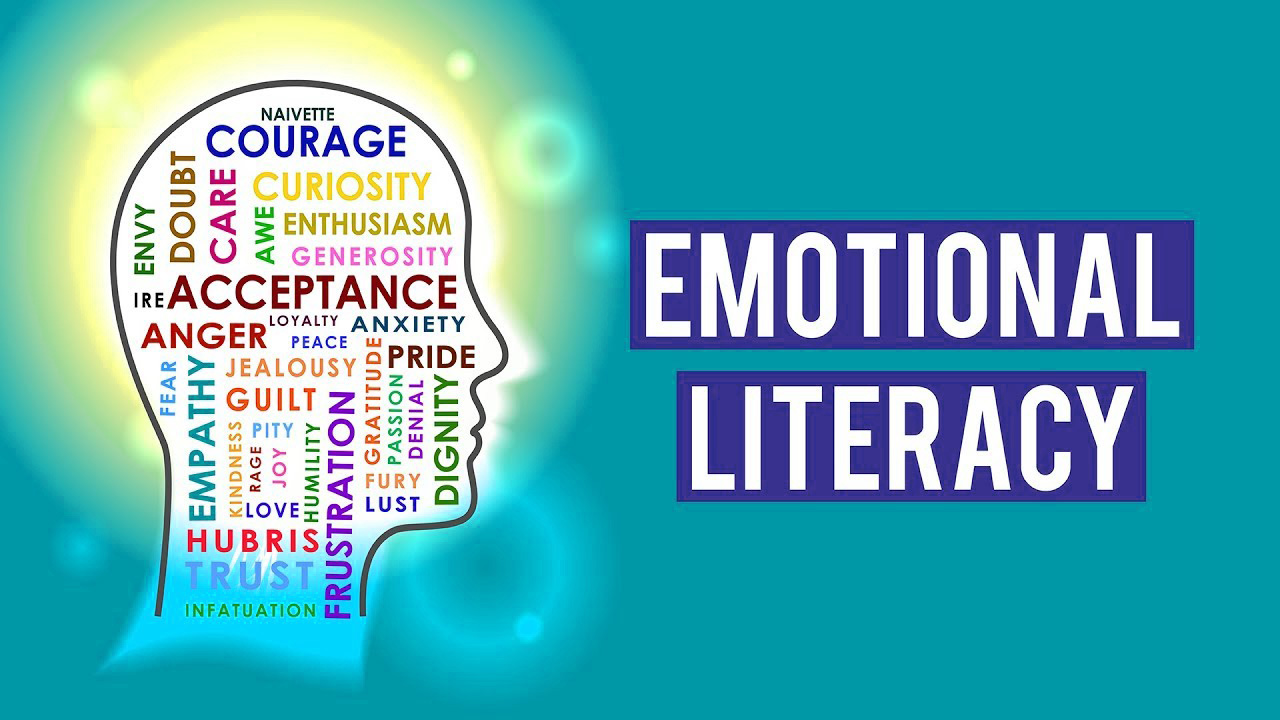
The Impact of Parental Awe: An Essential Element for Mental Health
The joyful gasp or breathless “wow” you express when your child performs something extraordinary isn’t merely a heartwarming moment—it could be an essential factor for your mental well-being. Pioneering research from the University of Rochester has revealed that experiencing awe in parenting transcends mere transient feelings—it’s a significant force for health.
As parental burnout and mental health issues escalate, this study provides an encouraging insight: Experiencing awe through your children can deeply enhance your life, offering emotional and psychological advantages that surpass those from conventional positive feelings like pride.
An In-depth Examination of the Research
Conducted by Princeton Chee along with Claire Shimshock and Bonnie Le, this extensive study included nearly 900 parents and utilized a diverse set of research techniques—including cross-sectional, longitudinal, and experimental designs. Their findings, recently published in the journal Social Psychological and Personality Science, aimed to investigate how various positive emotions influence parental well-being.
Chee and his team specifically focused on comparing two prevalent emotions: pride and awe. Although both were connected to greater satisfaction and decreased negative affect, awe was particularly noted for its ability to boost not only emotional enjoyment but also a parent’s sense of purpose and psychological depth.
Distinguishing Pride from Awe
Pride and awe might seem similar in parenting situations, but they activate distinct psychological processes.
“Pride typically stems from achievements we foresaw,” states Chee. Parents may experience pride when their child excels academically, performs at an event, or shows resilience during tough times—moments that embody effort, persistence, and values instilled at home.
Conversely, awe is intrinsically humbling. It manifests in instances when a child astounds you with remarkable empathy, shares something incredibly insightful, or takes their first steps. “Awe connects the parent to something greater than themselves,” Chee explains. This could refer to the wonder of human development, the sacredness of the parent-child relationship, or the shared experience of parenting across different cultures and eras.
Why Awe Has a Greater Emotional Impact
One of the most intriguing discoveries from the study is how awe affects parents’ perception of time. During awe-inspiring moments, time seems to slow down—a phenomenon referred to as “time dilation.” This not only facilitates deeper emotional engagement but also enables parents to fully appreciate the richness of the moment.
“We discovered that awe can help parents be more present, creating moments that are not just emotionally fulfilling but also deeply significant,” remarks Chee.
This immersive nature may be crucial in explaining why awe enhances various aspects of well-being—by slowing time, it welcomes mindfulness, deeper contemplation, and increased gratitude.
Psychological Advantages of Awe
The research team performed a thematic analysis of parents’ moments of awe and pride, organizing their experiences into significant categories:
– Pride was closely associated with achievements, skills development, positive behavior, and resilience in children. These instances primarily boosted parents’ feelings of satisfaction and joy.
– Awe often stemmed from acts of kindness, emotional and physical growth, spontaneous expressions of love, or unexpectedly profound discussions. These moments not only provided joy but also enriched the parent’s life with a sense of purpose and complex psychological insights.
In conclusion, while pride makes parenting feel rewarding, awe renders it genuinely life-affirming.
Discovering Awe in Daily Life
To avoid the pressure of creating extraordinary moments, Chee highlights that awe frequently lurks within everyday experiences. “Awe doesn’t need to be reserved for once-in-a-lifetime occasions,” he notes. “It can be fostered through seemingly mundane activities—like a weekend trip, reading a bedtime story, or watching your child assist someone else.”
This viewpoint offers a necessary antidote to the high expectations and performance-oriented culture many parents encounter. Awe doesn’t demand financial resources, elaborate planning, or perfection—it merely requires mindful presence.
A Universal Emotion: Awe is Accessible to All
One of the most significant insights from the study is that these benefits appear consistent across diverse demographic backgrounds of the families involved. Whether parents were married or single, hailing from various racial, socioeconomic, or educational strata, the emotional rewards of awe were consistently evident.
This universality renders awe a particularly attainable and inclusive means for enhancing well-being. It reassures us that transformative emotional experiences in parenting aren’t dictated by status or circumstance—but rather by awareness and connection.
Consequences for a Healthier Parenting Environment
As organizations and professionals seek ways to aid parents, this study contributes a valuable, practical strategy to the mental health toolbox. Unlike costly therapies or time-intensive treatments, nurturing awe is a free, meaningful approach grounded in natural parent-child interactions.
It’s not about negating or minimizing the challenges of parenting, but about fostering moments that reaffirm why the journey is significant in the first place. “Recognizing awe doesn’t diminish hardship—it enlightens us to see…